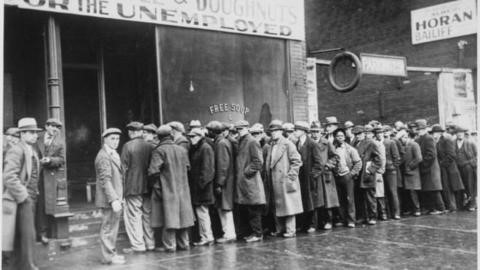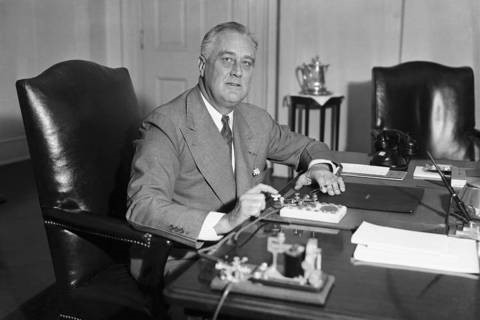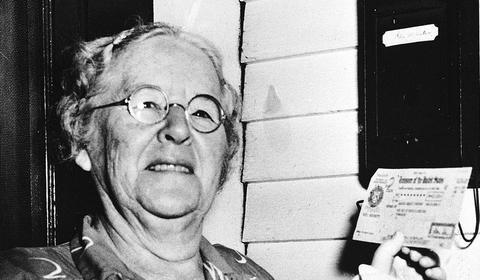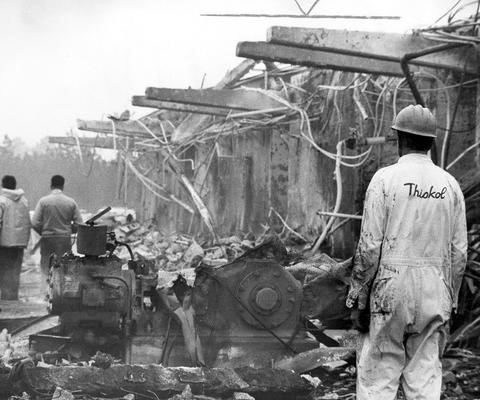January 28
American Miners’ Association formed – 1861
First U.S. unemployment compensation law enacted, in Wisconsin – 1932
January 29
Responding to unrest among Irish laborers building the Chesapeake and Ohio Canal, President Andrew Jackson orders first use of American troops to suppress a labor dispute – 1834
Six thousand railway workers strike for a union and the end of 18-hour day – 1889
Sit-down strike helps establish United Rubber Workers as a national union, Akron, Ohio – 1936
American Train Dispatchers Department granted a charter by the AFL-CIO – 1957
Dolly Parton hits number one on the record charts with “9 to 5,” her anthem to the daily grind – 1981
The Lilly Ledbetter Fair Pay Act is signed into law by President Obama. Ledbetter worked for Goodyear Tire & Rubber Co. at a wage rate much less than men doing the same job; the statute of limitations for filing a claim of discrimination expired by the time she learned of the unequal treatment. The Fair Pay Act stipulates that the 180-day statute of limitations for filing an equal-pay lawsuit regarding pay discrimination resets with each new paycheck affected by that discriminatory action—2009
January 30
Franklin Delano Roosevelt is born in Hyde Park, N.Y. He was elected president of the United States four times starting in 1932. His New Deal programs helped America survive the Great Depression. His legislative achievements included the creation of the National Labor Relations Act, which allows workers to organize unions, bargain collectively, and strike – 1882
January 31
Some 12,000 pecan shellers in San Antonio, Texas—mostly Latino women—walk off their jobs at 400 factories in what was to become a three-month strike against wage cuts. Strike leader Emma Tenayuca was eventually hounded out of the state – 1938
Ida M. Fuller is the first retiree to receive an old-age monthly benefit check under the new Social Security law. She paid in $24.75 between 1937 and 1939 on an income of $2,484; her first check was for $22.54 – 1940
After scoring successes with representation elections conducted under the protective oversight of the California Agricultural Labor Relations Board, the United Farm Workers of America officially ends its historic table grape, lettuce and wine boycotts – 1978
Union and student pressure forces Harvard University to adopt new labor policies raising wages for lowest-paid workers – 2002
Five months after Hurricane Katrina, the New Orleans school board fires every teacher in the district in what the United Teachers of New Orleans sees as an effort to break the union and privatize the school system – 2005
February 01
Led by 23-year-old Kate Mullany, the Collar Laundry Union forms in Troy, N.Y., and raises earnings for female laundry workers from $2 to $14 a week – 1864
Bricklayers begin working 8-hour days – 1867
Some 25,000 Paterson, N.J., silk workers strike for 8-hour work day and improved working conditions. Eighteen hundred were arrested over the course of the six-month walkout, led by the Wobblies. They returned to work on their employers’ terms – 1913
The federal minimum wage increases to $1.60 per hour – 1968
Int’l Brotherhood of Firemen & Oilers merges with Service Employees Int’l Union – 1995
February 02
Three hundred newsboys organize to protest a cut in pay by the Minneapolis Tribune – 1917

Legal secretary Iris Rivera fired for refusing to make coffee; secretaries across Chicago protest – 1977
The 170-day lockout (although management called it a strike) of 22,000 steelworkers by USX Corp. ends with a pay cut but greater job security. It was the longest work stoppage in the history of the U.S. steel industry – 1987
February 03
The U.S. Supreme Court rules the United Hatters Union violated the Sherman Antitrust Act by organizing a nationwide boycott of Danbury Hatters of Connecticut – 1908
U.S. Supreme Court upholds the Wages and Hours (later Fair Labor Standards) Act banning child labor and establishing the 40-hour work week – 1941
An explosion at a Thiokol chemical plant near Woodbine, Georgia kills 29 workers, seriously injures 50. An investigation found that contributing factors to the explosion were mislabeled chemicals, poor storage procedures and insufficient fire protection – 1971
– Compiled and edited by David Prosten.






